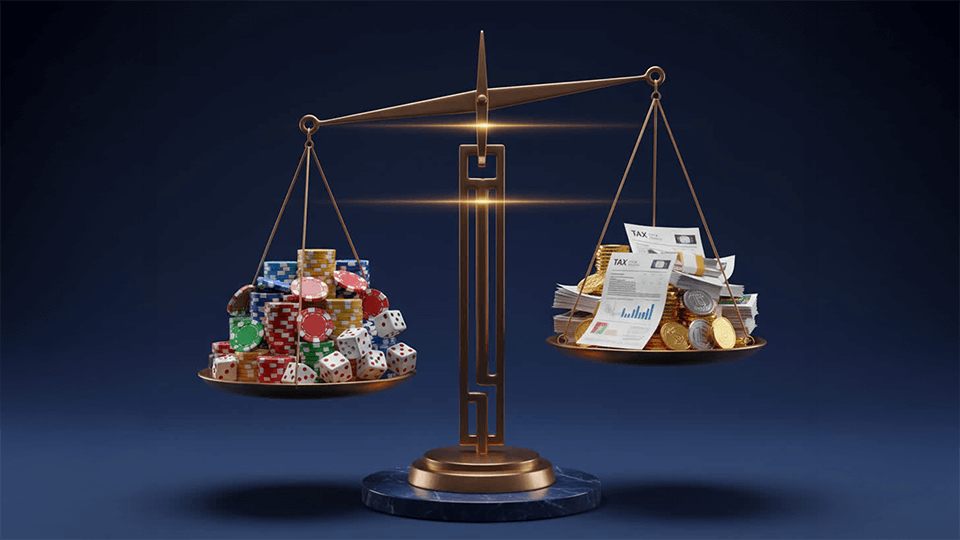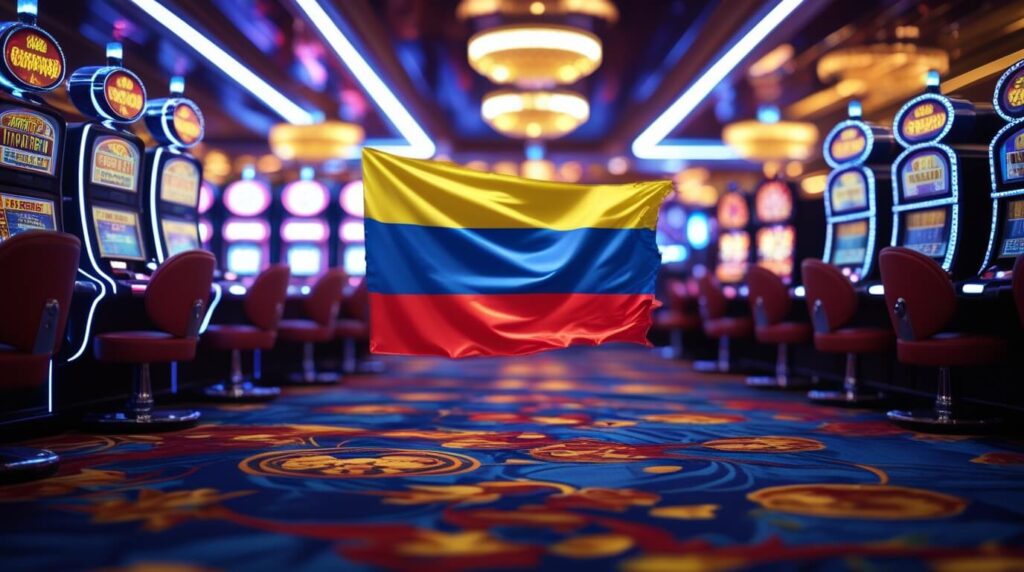Brazil, with one of the largest online gaming communities in Latin America, is rapidly becoming a global hotspot for iGaming — particularly poker. Driven by a massive user base, strong appetite for mobile games, real‑money betting, and competitive card play, it’s no surprise that more entrepreneurs are eyeing the Brazilian market for launching poker apps.
The Brazilian online gambling market is expected to reach US$ 3.9 billion by 2030, growing at a compound annual growth rate (CAGR) of about 10.9% from 2024 to 2030. This puts Brazil among the fastest‑growing iGaming jurisdictions globally.
But there is a catch: you can’t just build the app, go live, and begin accepting players. Brazil’s legal and regulatory environment is evolving quickly. With new gambling laws, strict data protection rules, and licensing requirements emerging, operating without proper legal compliance can lead to serious consequences.
Legal Status of Online Poker
- In short: yes, online poker is legal in Brazil — subject to certain conditions. Unlike casino‑style chance games, poker is largely considered a game of skill, which gives it a different legal status under Brazilian law.
- Historically, gambling was banned under the 1941 Criminal Contravention Act, but poker managed to operate in a grey area. Over the past decade, poker has gained recognition as a mind sport, with national tournaments and growing public interest.
- In 2023, Brazil passed Law No. 14,790, which formally regulates fixed‑odds betting and brings real‑money digital gaming (including poker) under regulatory oversight.
Key Regulatory Authorities
If you plan to legally launch a poker app in Brazil, you must engage with the following regulatory bodies:
- Secretariat of Prizes and Betting (Secretaria de Prêmios e Apostas ‒ SPA) under the Ministry of Finance — the primary licensing and oversight authority.
- Federal Revenue Service (Receita Federal) — for taxation, corporate financial reporting, and related financial legal obligations.
- National Data Protection Authority (ANPD) — enforcing the General Data Protection Law (LGPD), ensuring personal data is appropriately handled.
- Consumer Protection Agencies — to monitor fair marketing practices, refund policies, and resolution of user disputes.
Licensing Requirements
Here are key requirements for obtaining a license to offer poker in Brazil:
- Establish a local legal entity — foreign companies must form or partner with a business registered in Brazil.
- Demonstrate financial capability — show sufficient resources to manage users’ funds and guarantee payouts.
- Comply with strong technology standards — fair gaming systems, RNG certifications, external audits.
- Implement responsible gaming policies — deposit limits, session reminders, self‑exclusion tools.
Operational Rules & Compliance
Once licensed, ongoing regulatory compliance is essential:
- KYC (Know Your Customer) — verification of player identity, documents, proof of address to mitigate fraud and money laundering risks.
- Anti‑Money Laundering (AML) — report suspicious activities; follow international AML best practices.
- Data Protection (LGPD) — secure storage of user data, transparency in data usage, rights of access, correction, deletion.
- Payment Security — use encrypted transactions; employ payment channels compliant with Brazilian regulation.
- Technical reliability and customer support — the platform must be stable, always available, with minimal vulnerabilities.
Tax and Financial Obligations
Expect to handle multiple layers of taxation:
- Operator tax: Licensed operators must pay 18% on Gross Gaming Revenue (GGR) under Law 14,790.
- Standard corporate income taxes and other taxes applicable to businesses (roughly 15‑25% depending on profit levels).
- Possible taxation on player winnings over certain thresholds — regulatory clarity is still in development.
Risks of Non‑Compliance
Failing to comply may lead to:
- Substantial fines — operating without proper licensing may result in penalties up to R$ 2 million.
- App bans — the app or its web domain may be blocked by authorities or removed from app stores.
- Loss of trust — Brazilian players are increasingly aware of legality and trust; platforms that are not compliant lose credibility.
- Possible criminal sanctions — illegal operation could lead to criminal investigations or prosecution.
Conclusion
Brazil presents a major growth opportunity for poker apps: an engaged player base, widespread mobile usage, and a regulatory framework that is becoming more defined. But entering the market the right way means:
- Understanding the legal landscape for poker and digital gaming.
- Securing the appropriate license from the SPA.
- Adhering strictly to fiscal, data protection, and operational rules.
It’s not a fast process, nor is it cheap — but doing it properly is essential for long‑term success, legal safety, and building a reputable brand in iGaming.


